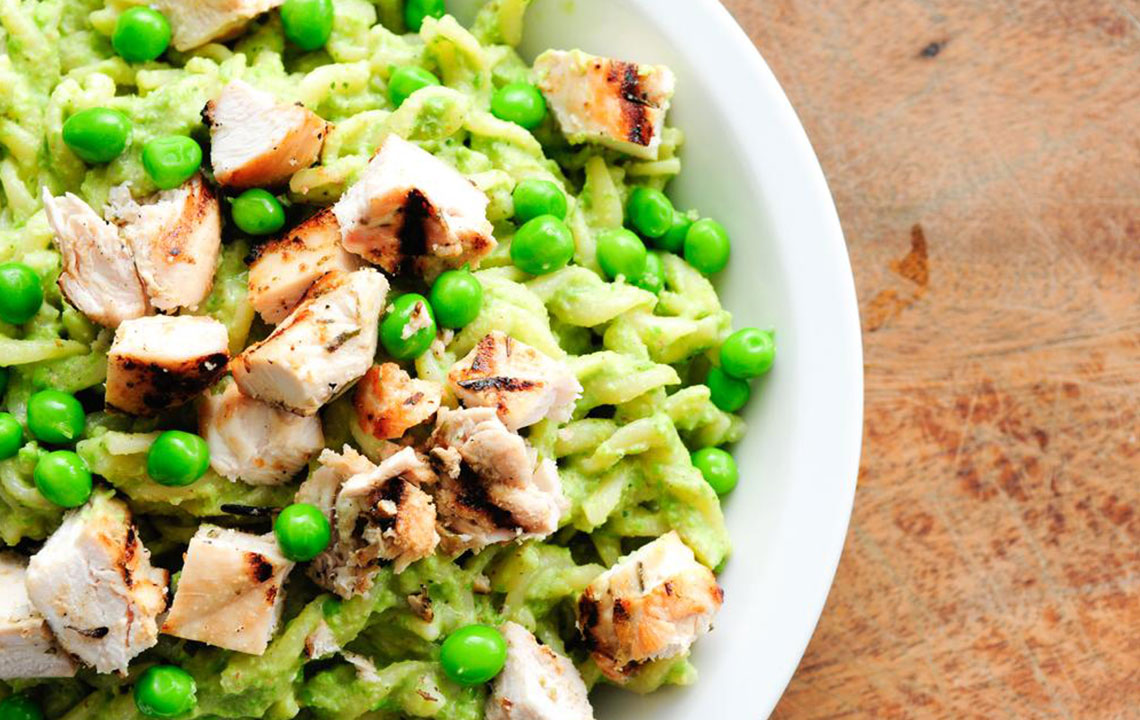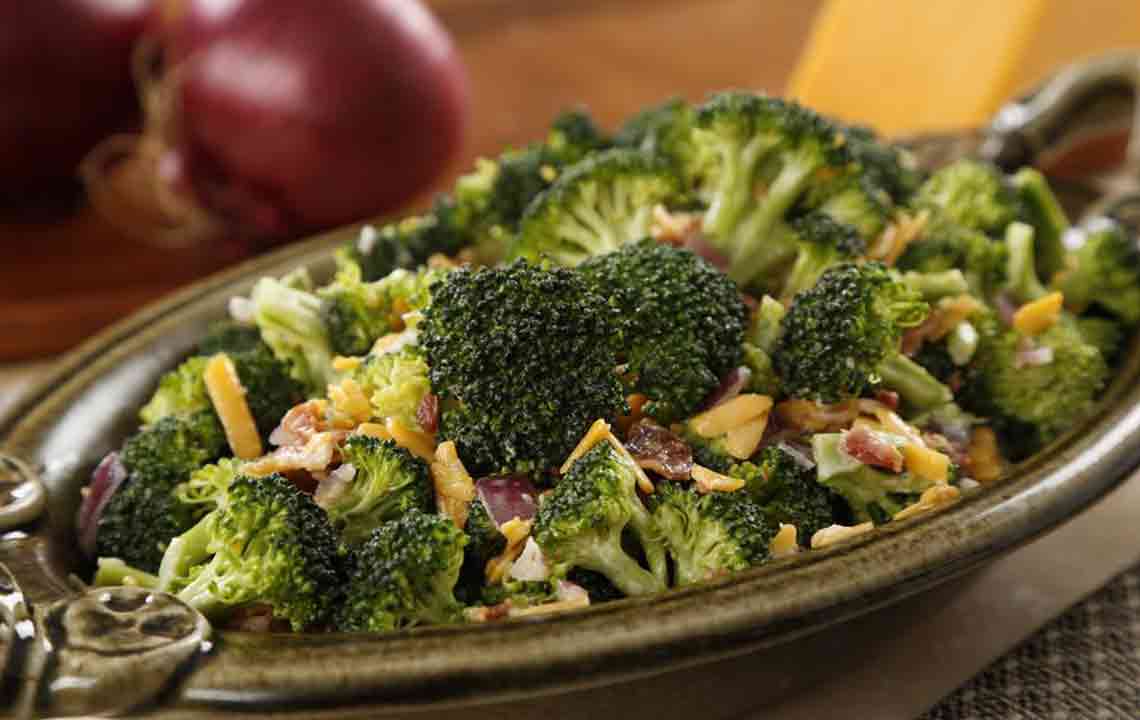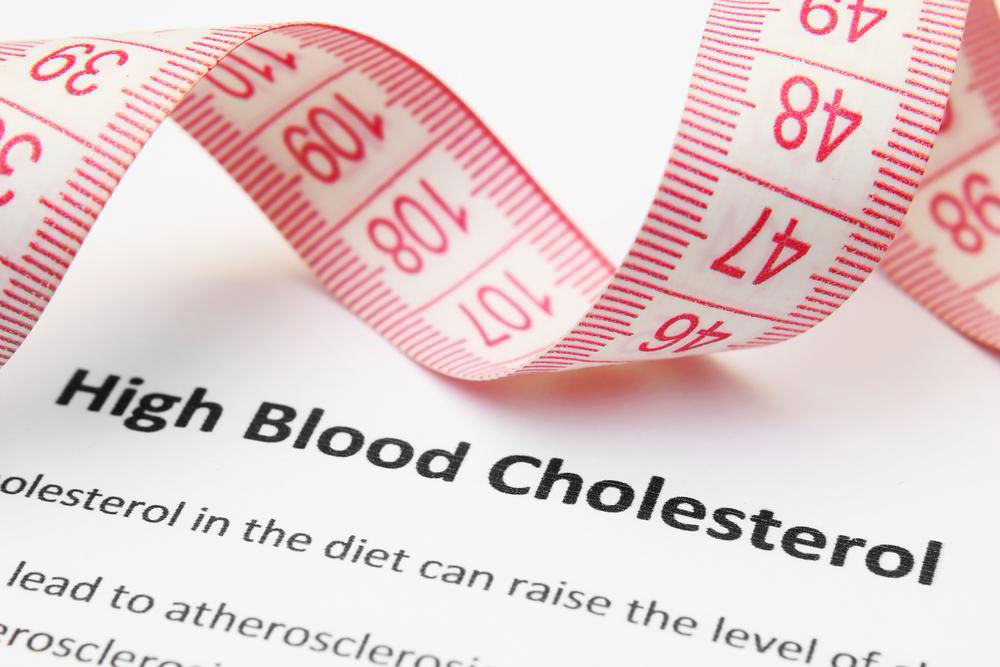Heart-Healthy Diet Plan to Manage Triglyceride Levels
Discover an effective heart-healthy diet plan to manage triglyceride levels. Focused on balanced nutrition, low sugar, healthy fats, and lifestyle changes, this plan supports cardiovascular health and reduces disease risk. Incorporate nutritious meals and habits to maintain optimal triglyceride levels naturally with professional guidance.

Heart-Healthy Diet Plan to Manage Triglyceride Levels
Diet plays a vital role in controlling triglycerides. Choosing nutrient-balanced foods with appropriate calories can reduce fat storage and improve overall health. An effective triglyceride management plan involves mindful carbohydrate intake, reduced sugar consumption, avoidance of unhealthy fats, and limiting alcohol. Incorporating nutritious breakfast options like egg sandwiches or oatmeal, and healthier lunch or dinner choices such as salads and grilled chicken burgers, can contribute to improved lipid levels. Combining diet with physical activity and medical advice will optimize results for those with high triglycerides.
Maintain moderate carbohydrate intake, favoring fruits, vegetables, and lean proteins.
Limit sugar-rich foods like candies, baked goods, and sweetened beverages.
Avoid foods high in saturated fats, such as red meats and processed snacks.
Choose low-fat or non-fat dairy products.
Restrict alcohol consumption to minimize triglyceride spikes.
Sample Daily Meals:
Breakfast: Egg whites fried in olive oil with whole wheat bread and added spinach or tomatoes.
Morning Snack: Oatmeal with berries and walnuts.
Lunch: Vegetable soup paired with a fresh salad, dressed lightly with olive oil.
Dinner: Grilled chicken sandwich on whole wheat with a side of vegetables and fruits.
Making dietary and lifestyle adjustments can effectively regulate triglyceride levels, reducing the need for medication. Regular exercise, controlling sugar and alcohol intake, and consulting a healthcare professional are integral to managing triglycerides healthily.










